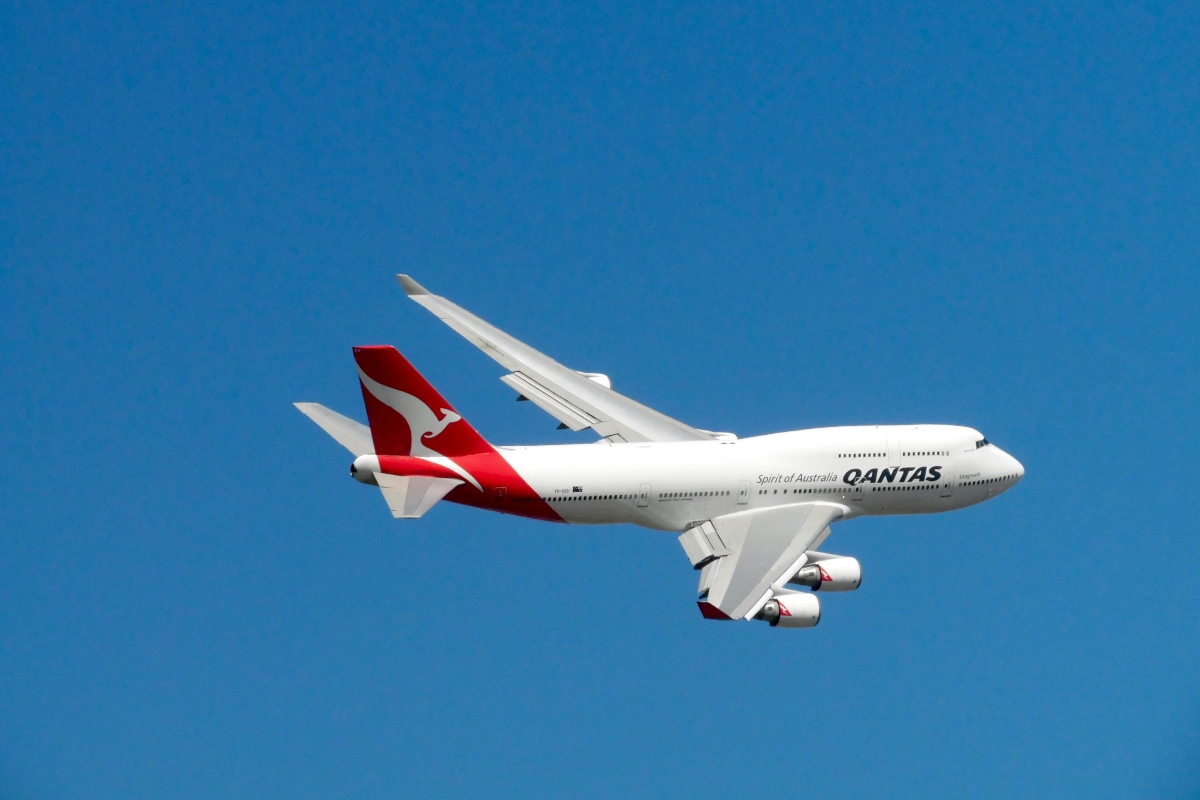Australia’s national carrier, Qantas Airways, was recently exposed for selling tickets on non-existent flights. The airline deceived nearly a million passengers. This scandal, known as the ‘ghost flights’ fiasco, has tarnished the iconic airline’s reputation. It has also led to financial penalties and management upheaval.
Between May 2022 and May 2024, Qantas sold tickets for a staggering 71,000 flights that had already been canceled. Court documents reveal that approximately 884,000 customers were left in the dark, unaware they had booked seats on phantom services. The airline continued to sell these non-existent flights for an average of 11 days after deciding to cancel them. Some passengers received notifications as late as 18 days after the cancelation.
Financial Fallout And Legal Consequences For Qantas Airways
The Australian Competition and Consumer Commission (ACCC) brought a lawsuit against Qantas, initially seeking a record penalty of over A$250 million ($172.7 million). In May 2024, Qantas settled the case, agreeing to pay A$120 million (approximately $82 million) in fines and compensation. This settlement includes A$100 million in penalties and A$20 million in compensation to 87,000 affected customers.
Domestic travelers will receive A$225 ($155.50) each, while international passengers will be awarded A$450 ($310) in addition to any refunds or alternative flights already provided. The scandal led to the premature departure of Chief Executive Officer Alan Joyce in 2023. Court filings indicate that “senior managers” at Qantas were collectively aware of the impacts on passengers, though no individual had complete knowledge of the situation.
The current CEO, Vanessa Hudson, who took the helm in September 2023, was reportedly not among these managers. Hudson acknowledged the company’s failings, stating, “We know many of our customers were affected by our failure to provide cancelation notifications in a timely manner, and we are sincerely sorry.”
The court documents revealed that Qantas’ systems at the time did not automatically remove canceled flights from being sold. The airline could have manually removed these flights but consistently failed to do so. In response to the scandal, Qantas has updated its processes and invested in new technology to prevent similar issues in the future.





